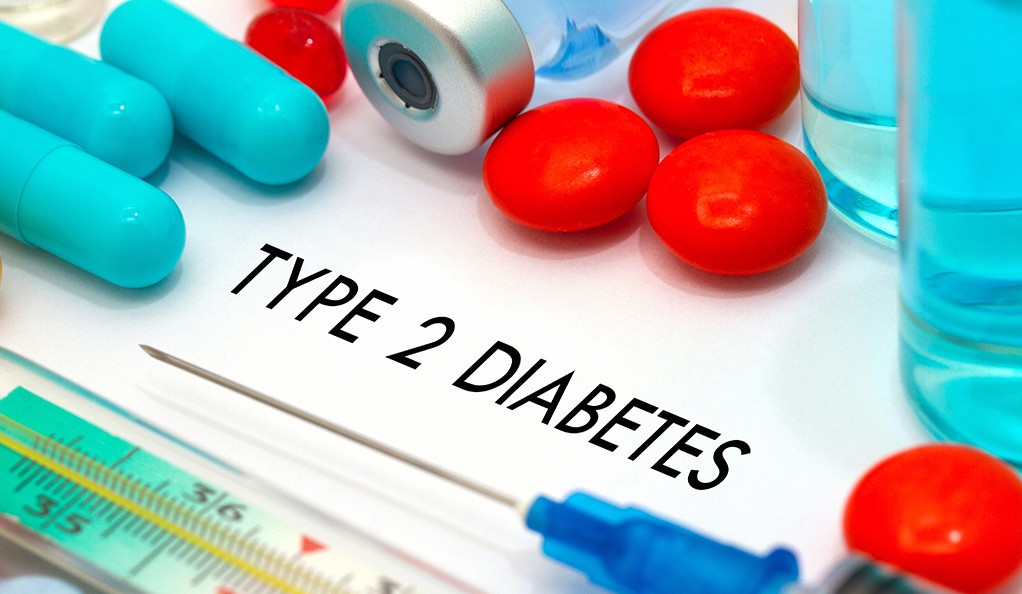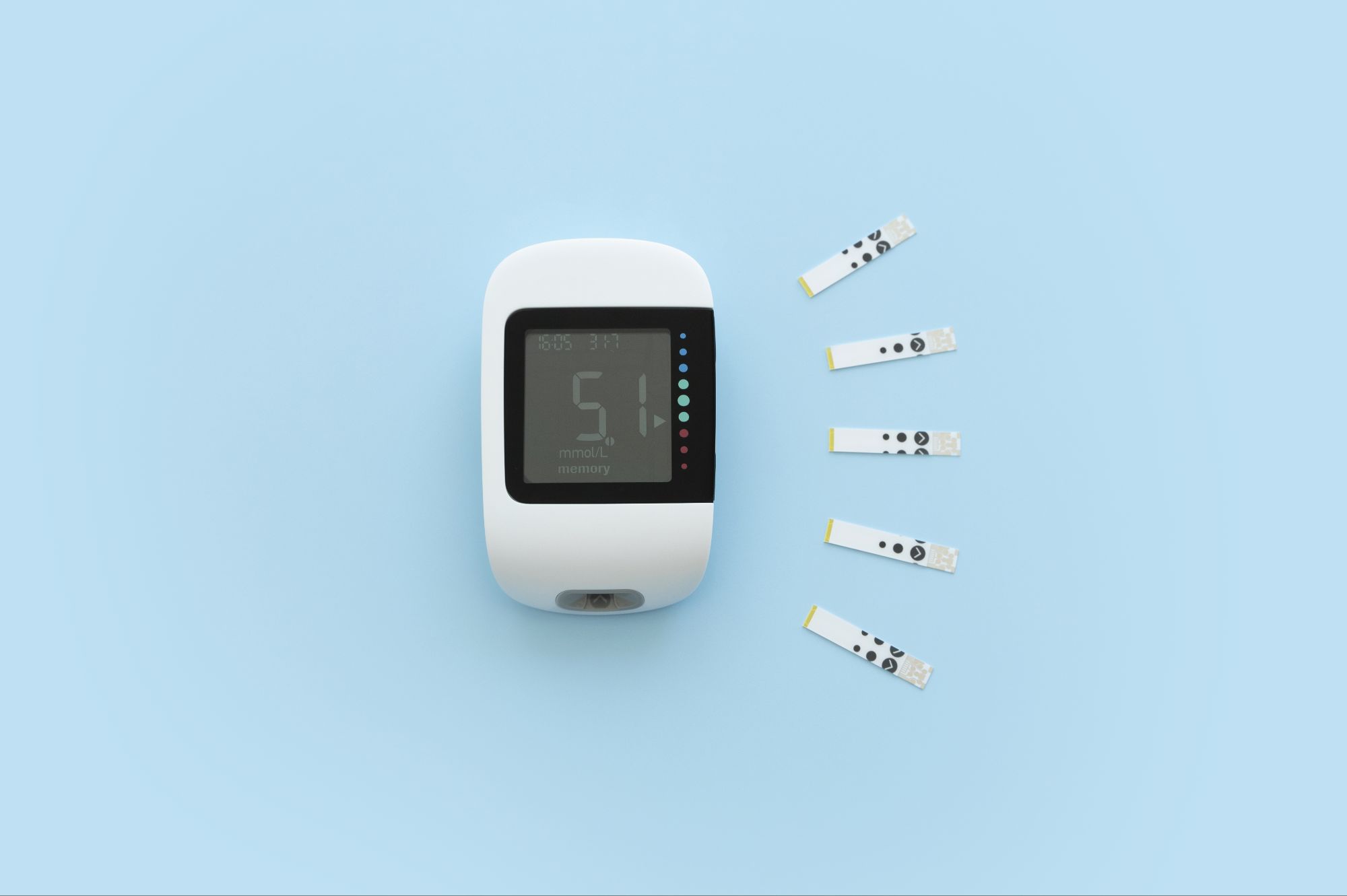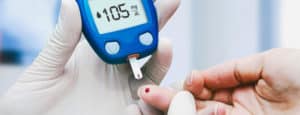Type 2 Diabetes Definition
Type 2 diabetes is referred to as a chronic illness that affects the metabolism of sugar in your body. Sugar serves as a fuel for your cells, and so if Type 2 diabetes occurs, your body either does not produce enough insulin (an essential hormone of your body that controls the movement of sugar in cells) or start resisting its function.

Are you at risk for type 2 diabetes? One in three Americans are – take the quiz at www.DoIHavePrediabetes.org to find out if you are one of them.
Normal Blood Sugar Range
The normal blood glucose range must be 100 milligrams/dL after 88 hours of fasting and lower than 140 milligrams /dL. After two hours of food intake. During day times, the blood sugar levels tend to be at lower levels before mealtime, i.e., around 70-80 milligrams/ dL.

Pre-Diabetes Blood Sugar Levels
The term pre-diabetes is referred to as a condition where blood sugar levels are higher than normal range. But not significant enough to be responsible for diabetic disease. To get the diagnosis done, a doctor will perform three tests on you. These tests include:
- Fasting plasma glucose test (pre-diabetes range should be 100-125 mg/dL)
- Oral glucose tolerance test (pre-diabetes range should be 140-199 mg/dL)
- Average blood sugar test or hemoglobin A1C test (pre-diabetes range should be 5.7% – 6.4%)
Symptoms of Type 2 diabetes
Signs and symptoms of Type 2 diabetes prevail gradually and may remain dormant for years. Some of these symptoms include:
- Frequent thirst
- Fatigue
- Unexplained weight loss
- Frequent hunger
- Frequent urination
- Blurry eyesight
- Weakness
- Slow healing of wounds
- Recurrent infections in different body organs such as skin and urinary tract
- Darkening of armpits and neck
Causes
Type 2 Diabetes occurs if the pancreas is unable to produce enough amount of insulin in the body or of the body automatically starts to build resistance against its effects. The exact reason for this is still unknown, although some studies show that environmental and genetic factors are the main reason behind it.
It is usually thought that this condition might develop when the body becomes resistant to insulin, and the pancreas is failed to produce insulin. There are several other factors such as family history, genetic factors, environmental factors all may have some impact on the progression of this type of diabetes.
Function of Insulin
Glands that are located behind and below your pancreas are responsible for producing insulin. Pancreas causes the production of insulin in the bloodstream. This insulin circulates the inside body and enables sugar to enter your cells. Therefore, the amount of sugar in your body can be reduced, and as the blood sugar levels fall. In Addition, the secretion of insulin from the pancreas is discontinued.
Hb1Ac value
It is Glycated hemoglobin, which is the average of blood glucose levels. The normal values for hb1Ac in patients with diabetes type-2 the typical value is 6.5%. The percentage must be below to the stated value.
Possible Complications
Short Term
There are both short and long term health complications associated with type 2 diabetes. In short term complications hypoglycemia and hyperosmolar hyperglycemic nonketotic syndrome. However, It is the common complication that is associated with high levels of glucose.
Long Term
Whereas in the long term complications, diabetic retinopathy is the most critical complication associated with type – 2 diabetes. Moreover, diabetic neuropathy, macrovascular problems, and kidney issues are the most common severe complications related diabetes.
Risk Factors
Factors that might raise your risk of developing Type 2 diabetes are:
- Inactivity or the less active your body is at high risk of developing diabetes. Physical activity might help you to lose weight by burning calories and to use more glucose for energy production).
- Age (when you are older, especially if you are above 45 years, your chance of developing Type 2 diabetes increases. Because, at this age, people tend to exercise less, gain more weight, and lose their muscle mass).
Finally
There are various risk factors associated with type 2 diabetes. . This is why the presence of these risk factors, the chances of developing diabetes increases. The most common risk factors include
- Older adults, age above 45 are usually at risk
- Obese or fat people are at high risk
- People with a family history of diabetes
- Individuals with a clinical history of cardiovascular diseases
- Individuals who are not much active (Physical)
- Females with a history of gestational diabetes
- Patient of hypertension
- Anxiety and depression
- PCOS
- Poor sleeping and eating habits
- Low levels of good cholesterol (HDL)
Type 2 diabetes can also be called adult-onset diabetes, and the probability of this disease among children is increasing rapidly as well. Thefore, it is essential to maintain the healthy levels of blood glucose within the recommended levels. So If you have any of the symptoms call Achira Endocrinology at 313-600-4669 for an appointment to learn more about how Dr. Achira Can help you. Click here to Contact us. Click here to schedule an appointment on Healow.





